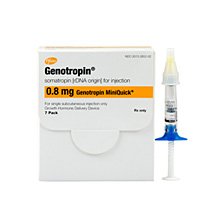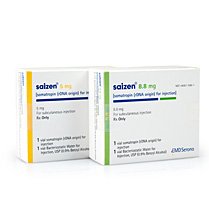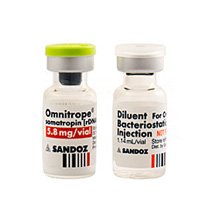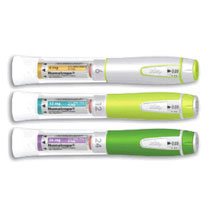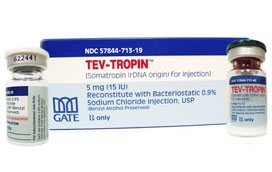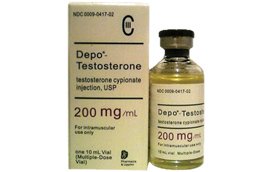The 5 Best Vitamins for Low Testosterone Levels

Whether you are a male or female, it is essential that you maintain a healthy supply of testosterone in your bloodstream throughout your life to protect your bones, muscles, heart, and brain functions. Vitamins can help you improve testosterone production – but you have to know which vitamins to choose for this purpose.
The five best vitamins for low testosterone levels will help stimulate the testes and the ovaries to produce testosterone. In addition, we add in a mineral that your body must have to maintain a healthy supply of testosterone at all times.
Some vitamins will not help increase testosterone production, but they will benefit you for reducing the severity of the symptoms associated with Low T. Of course, if you aim for the ones that will increase the level of testosterone in your body, this will also help alleviate the symptoms that come with declining hormone secretion.
What vitamins are good for low testosterone to increase production?
The two most important vitamins you can get are vitamin D and zinc (actually a mineral). Without any doubt, a deficiency in either of these will hinder testosterone production.
Should I take a multivitamin for low testosterone?
People who are often deficient in one vitamin may find that many of their other vitamin levels are also low – especially if they do not eat a healthy, balanced diet. It is possible for some individuals to double their testosterone levels simply by adding a good multivitamin to their daily regimen.
| Here is why you need different vitamins: |
| Vitamin A helps the body utilize dietary fats which become cholesterol, the building block of testosterone. |
| Vitamin B complex is necessary because many of the B vitamins impact testosterone production, inhibit dihydrotestosterone (DHT) conversion by 5 alpha-reductase, help produce cholesterol, and suppress estrogen synthesis. |
| Vitamin C is an antioxidant that protects testosterone and helps reduce cortisol secretion. |
| Vitamin E for low testosterone increases the levels of LH (luteinizing hormone), FSH (follicle stimulating hormone), and testosterone. |
Why Doctors Recommend Vitamin D for Low Testosterone
Any doctor will tell you that you need vitamin D, but, unfortunately, many people do not get the daily exposure to the sun necessary to produce enough of this vital substance.
The use of vitamin D for low testosterone not only helps to boost testosterone production, but it also improves sperm quality.
Taking between 3,000 and 4,000 IU of vitamin D every day can increase your testosterone levels by around 20 to twenty-five percent.
Another benefit of D when it comes to vitamins for low testosterone is the ability it has to regulate the enzyme aromatase that converts testosterone into estrogen, further lowering testosterone levels in the body. That is why men with Low T often have higher levels of estrogen that can lead to fat accumulation.
Want one more reason why D tops the list of vitamins for low testosterone levels?
Lower fertility rates, depression, and increased risk of cardiovascular disease are also associated with vitamin D deficiency.
Benefits of Zinc for Low Testosterone
Although it is a mineral, the use of a zinc supplement for low testosterone is crucial. The normal daily recommended dose of zinc is 5 – 10 mg, but that increases to 25 – 45 mg for people with Low T.
When it comes to vitamins and minerals for low testosterone, zinc is one of the most studied and heralded for its benefits.
Zinc not only boosts testosterone levels, but it also improves the production of growth hormone and insulin growth factor 1.
Why else should you include daily intake of zinc in your diet?
Proper zinc levels reduce the risk of cancer and prostate growth and improve fertility by increasing sperm count.
The more you know about supplementing with vitamins for low testosterone levels, the better able you will be to help your body maintain a healthy supply of this essential hormone throughout your life.
For additional information about using vitamins and minerals to increase testosterone levels, or to inquire about how hormone replacement therapy might help you bring balance back into your life, contact Greenberg Health for a free consultation.

















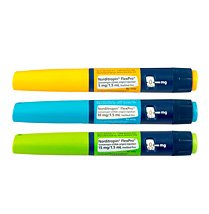
 Norditropin
Norditropin